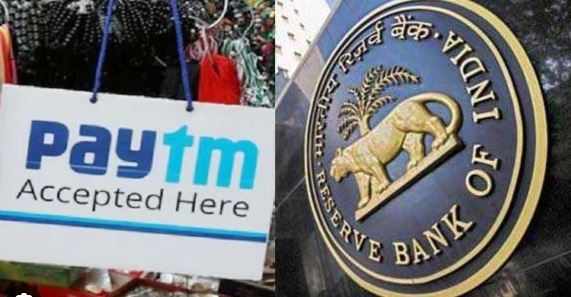New Delhi, February 4, 2024 — In response to recent restrictions placed by the Reserve Bank of India (RBI) on Paytm, the Confederation of All India Traders (CAIT) has issued a cautionary advisory, urging traders nationwide who rely on Paytm for transactions to consider alternative payment options.
The move by CAIT is a proactive measure aimed at safeguarding the financial interests of small traders, vendors, hawkers, and women who heavily depend on Paytm for their daily transactions. Expressing concerns about potential financial disruptions, CAIT National President B.C. Bhartia and Secretary General Praveen Khandelwal issued a press release emphasizing the need for a thorough investigation by the Enforcement Directorate (ED) if there is any evidence of fund irregularities.
Key concerns highlighted by CAIT revolve around the security and continuity of financial services provided by Paytm. Khandelwal shed light on one of the key reasons behind the RBI restrictions, stating that Paytm Payment Bank had allegedly created millions of accounts without proper identification. The Know Your Customer (KYC) process was purportedly neglected for these accounts, leading to transactions involving millions of rupees without proper identification, raising concerns about potential money laundering.
Reports suggest that the RBI imposed the ban primarily due to Paytm Payment Bank linking over a thousand users to a single PAN (Permanent Account Number). Auditors also found that the platform was not adhering to regulatory rules, prompting the CAIT to recommend traders explore alternative payment applications that comply with regulatory guidelines.
The CAIT advisory underscores the importance of traders diversifying their payment methods to mitigate potential financial risks associated with the RBI restrictions on Paytm. As the situation unfolds, many are eagerly awaiting the results of the ED investigation to determine the extent of fund irregularities and possible violations of regulatory guidelines by Paytm.
Traders are advised to stay informed and vigilant, considering alternative payment options that prioritize compliance with regulatory standards to ensure the seamless continuation of their financial transactions. The evolving landscape of digital payments in India underscores the necessity for both traders and consumers to prioritize platforms that adhere to stringent regulatory frameworks.


